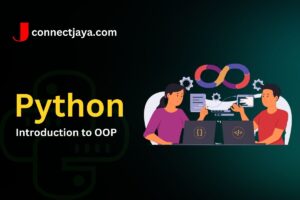
Object-Oriented Programming (OOP)
Object-oriented programming (OOP) is a programming paradigm that involves organizing code into objects that contain data and methods for performing operations on that data. It

Introduction to OOP
Object-Oriented Programming (OOP) is a programming paradigm that uses objects as the fundamental building blocks for creating software applications. It is a way of organizing

Classes and Objects in Python
Classes and objects are fundamental concepts in Object-Oriented Programming. A class is a blueprint or a template for creating objects, which are instances of the
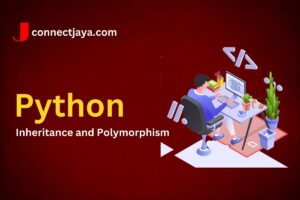
Inheritance and Polymorphism
Inheritance and polymorphism are important concepts in object-oriented programming (OOP) that allow developers to create more efficient and reusable code. Inheritance is the process by
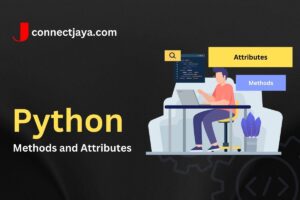
Methods and Attributes in Python
In Python, methods and attributes are two essential components of an object-oriented program. A method is a function that is defined inside a class and
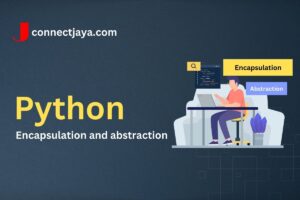
Encapsulation and abstraction
Encapsulation and abstraction are two important concepts in object-oriented programming. Encapsulation refers to the practice of “encapsulating” data and methods within a single unit, called

Modules and Packages
In Python, modules are simply files containing Python definitions, statements, and functions. You can think of a module as a library that can be imported

Introduction to modules and packages
In Python, a module is a file containing Python definitions and statements that can be imported and used in other Python programs. A package, on
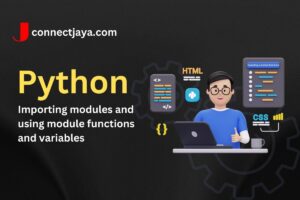
Importing modules and using module functions and variables
To use a module in Python, you first need to import it. You can import an entire module or specific functions and variables from the